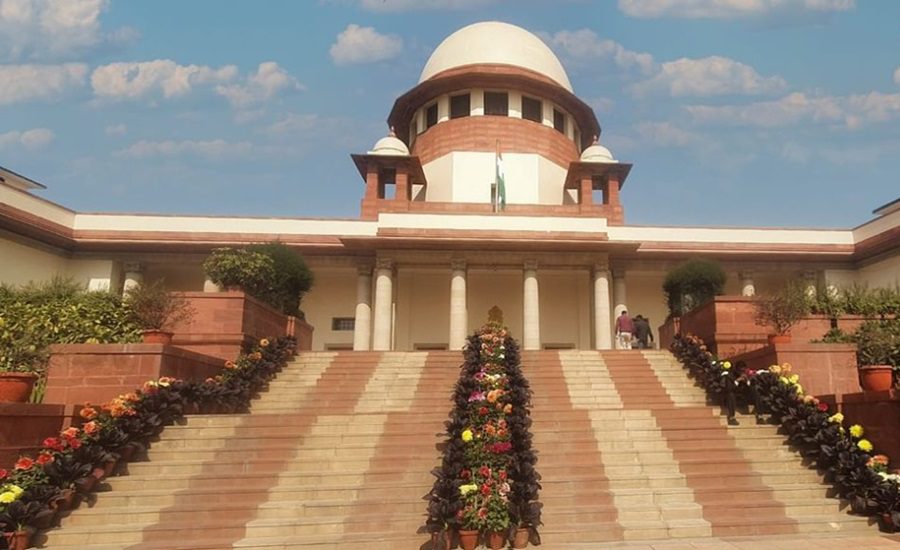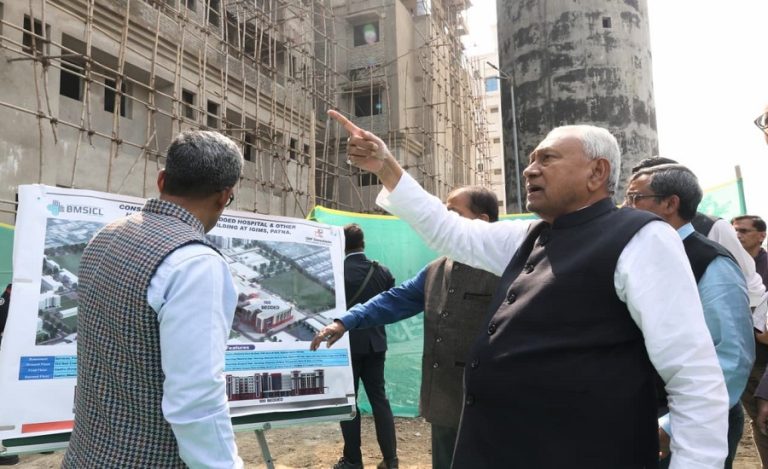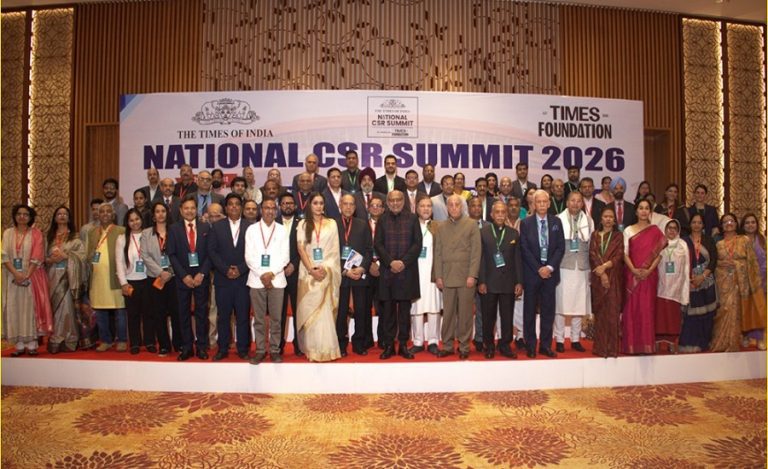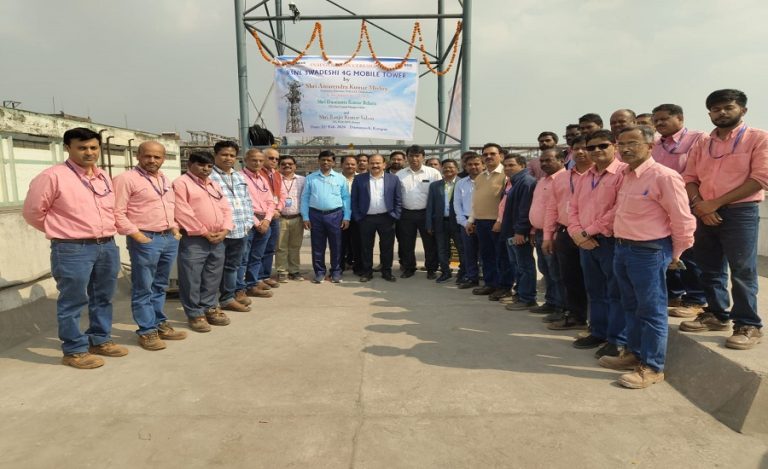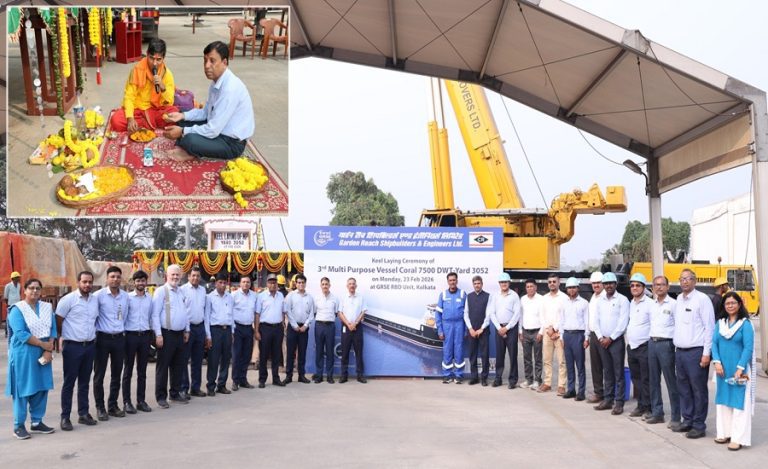New Delhi: In a significant judicial development today, the Supreme Court of India has issued a notice to the Enforcement Directorate (ED) in the high-profile “cash-for-jobs” scam linked to former Tamil Nadu minister V Senthil Balaji. Balaji is seeking modification of stringent bail conditions imposed in September 2024, and the apex court’s move marks a pivotal moment in the case’s legal trajectory.
Background Senthil Balaji bail conditions in Cash for Job Scam
The case stems from allegations that during his tenure as Transport Minister of Tamil Nadu (2011-2016), Senthil Balaji allegedly orchestrated a scheme wherein job aspirants in the Chennai Metropolitan Transport Corporation and other state transport units paid bribes in exchange for promised appointments.
Following multiple complaints, the ED registered a money-laundering case under the Prevention of Money Laundering Act (PMLA) and arrested Balaji on 14 June 2023.
On 26 September 2024, the Supreme Court granted him bail, but subject to stringent conditions including mandatory appearances every Monday and Friday at the ED’s Chennai office and the first Saturday of each month before investigating officers.
Timeline of Key Events: Arrest (June 2023) → Bail granted (Sept 2024) → Plea for relaxation (Nov 2025) → Supreme Court notice (Nov 14 2025).
Legal Precedent Cited: The Supreme Court bench emphasised that “stringent bail provisions cannot be used to keep an accused incarcerated where trial delay is evident”.
Who is V Senthil Balaji
V Senthil Balaji is a well-known political figure in Tamil Nadu, formerly serving as Transport Minister and subsequently in other ministerial roles. His political trajectory combined with his alleged involvement in the recruitment racket places him at the centre of this case. The legal process has repeatedly highlighted his high level of compliance (over 100 appearances before the ED) and the extraordinary bail terms set by the court.
Importance of the Development
This development is critical for multiple reasons:
- It signals that even high-profile bail conditions may be subject to revision once the investigation phase is largely complete and trial proceedings have commenced.
- It tests the balance between the state’s interest in ensuring fair investigation and the accused’s right to liberty and reasonable bail conditions under Article 21 of the Constitution.
- For the cash-for-jobs scam ecosystem, a modification of bail terms could set a precedent for other similar cases involving alleged job-recruitment corruption.
- The case resonates strongly in public discourse because job-recruitment scams strike at the core of merit, equality and fairness in access to public employment.
Key Challenges & Implications
Challenges:
- The ED maintains that stringent conditions are necessary to prevent interference with the investigation or trials and to ensure witnesses are available.
- Balaji’s lawyers argue that the investigation is over and that the mandatory frequent appearances are onerous and impede his ability to defend himself effectively.
Implications:
- If the Supreme Court relaxes the conditions, it may prompt a re-look at bail conditions in other PMLA cases where investigations are concluded.
- Conversely, maintaining strict bail terms may reinforce the government’s stance on zero tolerance for job-recruitment corruption.
- Politically, Tamil Nadu’s ruling dispensation and opposition both have stakes in how the case progresses, given its implications for public-sector recruitment credibility.
- Reinstatement of Balaji in ministerial positions post-bail had caused apprehensions of influence over witnesses; the court in earlier hearings had held that justice must not only be done but be seen to be done.
Way Forward
- The Supreme Court has directed the ED to respond to the plea — the next hearing will determine whether the bail conditions will be modified.
- The trial court will need to ensure that procedural safeguards, witness protection and expedited hearings are balanced with rights of the accused.
- Policy-wise, this case highlights the need for transparent mechanisms in public-sector job allocation and stronger safeguards against recruitment corruption.
- How this bail-conditions plea is resolved may guide how courts treat bail conditions in PMLA (and other special statute) cases in future when investigations move into the trial phase.
Read Also: ₹23.46 Crore Scam: Enforcement Directorate Indicts Former IFS Officer in an APWCFC Embezzlement Case

